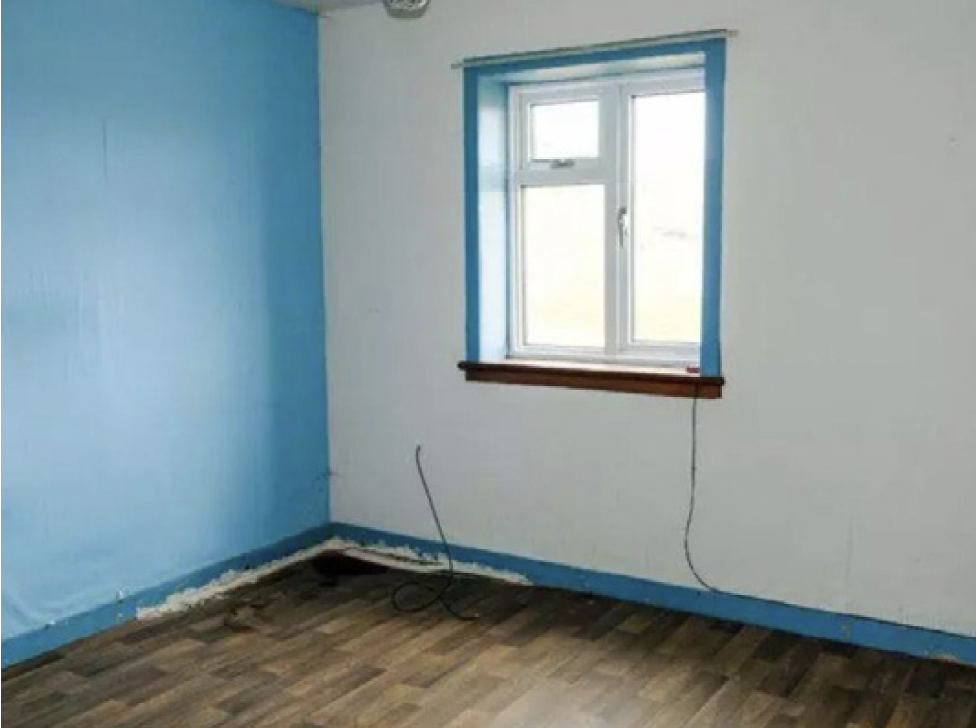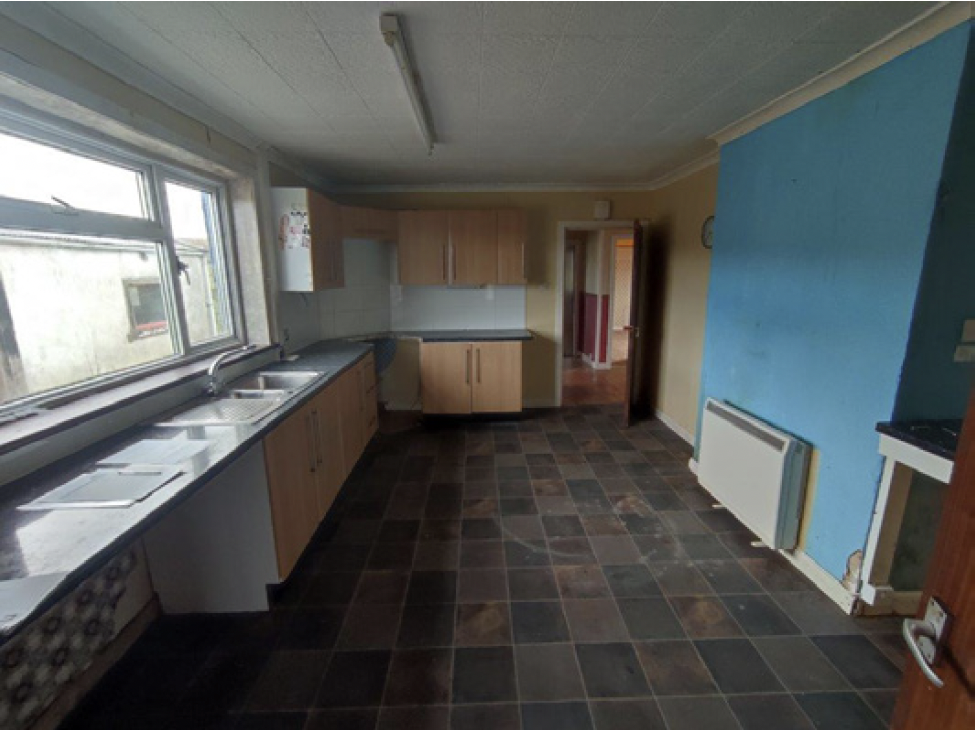Annual Impact Report 2024
CASE STUDY
Repossessed property
Repossession accounts for a comparatively small proportion of properties becoming empty. In most instances, repossessed properties are quickly returned to the market and sold. However, we are aware of instances where lenders take no action, or cease attempts to sell the property. As repossessed are exempt from council tax, there may be little incentive for the lender to return the property to use, even where there is a potential buyer. This is illustrated by a property on the Isle of Lewis.
The property had been empty since the owner left the property at the end of August in 2015. The property was last offered for sale on the open market 6 years ago. It has been registered as being repossessed by the bank in February 2020. At the time of repossession, several thousands of pounds of council tax debts were outstanding on the property.
In early 2022, the empty homes officer sought to contact the appointed lawyer for the bank who took forward the repossession. After writing and phoning them, they eventually made contact 12 months later. The EHO eventually gained access to the property after several promises to have the locks changed, having offered to arrange this himself due to his experience in the trade.
After conducting a detailed survey of the property and sending this to the lawyers, company along with all photos showing any evidence of damage for their client to see, a formal offer was made to the lawyers for the purchase of the property on behalf of a Registered Society run primarily for the benefit of the community at large. Initial responses from the lawyer neither accepted or rejected the offer, and communication from the lawyer ceased in March this year. Since then, the EHO has offered their assistance in helping to sell the property for them through a local estate agent or at auction if preferred but has again received no reply.


The failure to engage with the EHO serves neither the interest of the former owner or the community as a whole. In areas where there is a shortage of affordable housing, the lack of an effective sanction for lenders who take no action in respect of repossessed properties mean that homes can stand empty even when there are people or organisations willing to bring them back to use.
